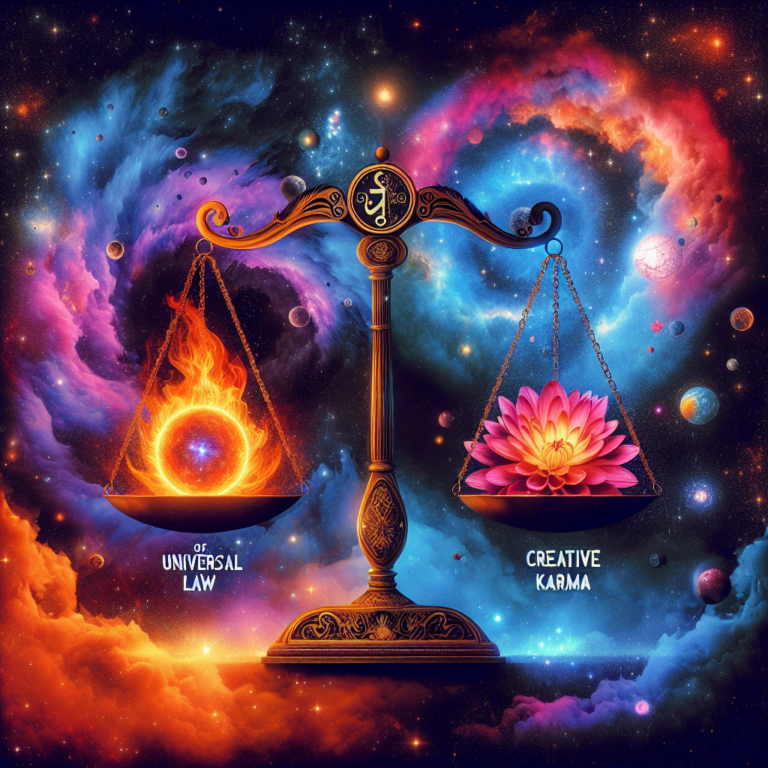In a fast-paced world where information flows incessantly through various media channels, the concept of "Karma Headlines" has emerged as a pivotal point of discussion among media analysts, communicators, and consumers alike. This phenomenon highlights an often overlooked aspect of journalism: the ethical responsibility of crafting headlines that not just attract clicks but also inform, educate, and respect the audience. This article delves into the intricacies of Karma Headlines, exploring their significance, impact, and the ethical implications within the media landscape.
What are Karma Headlines?
"Karma Headlines" refers to the way in which headlines can create a ripple effect of meaning and consequence, both positively and negatively. The term "karma" suggests that actions have consequences, and in the context of headlines, it revolves around how the choice of words can shape public perception, influence societal attitudes, and even incite action.
For example, a headline that sensationalizes a tragic event may garner immediate attention but can also lead to misinformation, panic, and a further decline in public trust toward the media. Conversely, a headline that respectfully acknowledges the complexity of an issue can contribute to an informed society, fostering understanding and empathy.
The Importance of Headlines
Headlines are often the first point of contact between news content and the audience. An effective headline can determine whether a reader engages with an article or scrolls past it. In the digital age, where attention spans are fleeting, crafting captivating and resonant headlines is crucial.
1. Attracting Attention
In a sea of information, headlines serve as the bait that draws readers in. The importance of compelling headlines cannot be overstated; they act as the gatekeepers of content, deciding what gets read and what gets overlooked.
2. Setting Expectations
A headline sets the tone for the article and provides a snapshot of what to expect. Misleading or overly sensationalized headlines can create false expectations, leading to a disconnect between the reader and the content that follows.
3. Cultivating Trust
Trust is a cornerstone of journalism. Headlines that accurately reflect the content and avoid sensationalism foster a rapport between the media and its audience. Conversely, misleading headlines can erode this trust, leading to skepticism and withdrawal from media sources.
The Ethical Dilemmas of Headlining
The choices made in crafting headlines present ethical dilemmas that media professionals must navigate. Striking a balance between capturing attention and maintaining integrity can be challenging, leading to several potential pitfalls.
1. Sensationalism vs. Accuracy
Sensationalized headlines often prioritize clicks and views over accuracy. This practice can distort the truth and lead to public misinformation. For instance, during crises or tragedies, sensational headlines may invoke fear or outrage rather than providing a balanced view of the situation.
2. Emotional Manipulation
Headlines can evoke strong emotions, but when headlines manipulate feelings for the sake of views, they tread a dangerous line. Readers can feel more distressed or anxious, which may distort their perception of reality and lead to societal unrest.
3. Representation and Inclusivity
Headlines, particularly those related to marginalized communities, can reinforce stereotypes and biases. Crafting inclusive and representative headlines is essential for fostering understanding and bridging divides.
The Role of Social Media
Social media platforms have transformed the landscape of news consumption, amplifying the importance of headlines. With the rise of clickbait and viral content, Karma Headlines have taken on new significance.
1. Viral Nature of Content
In a digital world dominated by social shares and likes, headlines have the potential to go viral, often transcending the context of the articles themselves. This is where the principle of karma comes into play—what gets shared can shape societal narratives and influence collective attitudes.
2. Misinformation Spread
The rapid spread of information on social media can lead to the amplifying of misinformation, especially when sensational headlines are involved. This has far-reaching implications, from influencing political opinions to inciting public panic.
3. Accountability
Social media has given consumers a voice. Readers are now more inclined to call out misleading headlines, holding media outlets accountable for their choices. This shift encourages a more ethical approach to journalism, making Karma Headlines essential in the media discourse.
Examples of Karma Headlines in Practice
Positive Example
A headline that reads, "Community Comes Together to Support Local Business After Fire" not only informs but also uplifts. It communicates solidarity and resilience, generating a positive community narrative.
Negative Example
On the flip side, a headline such as, "Mass Panic Erupts After City Hall Shooting" sensationalizes a tragic event, potentially inciting fear and stigma surrounding an entire community. Such headlines can deepen divisions and perpetuate societal anxiety.
Moving Forward: Best Practices for Crafting Karma Headlines
Understanding the significance of Karma Headlines necessitates a commitment to ethical journalism. Here are a few best practices for media professionals:
1. Prioritize Accuracy Over Sensationalism
Ensuring that headlines directly reflect the content of the article helps build trust and credibility. Avoid using exaggerated language that distorts the message.
2. Focus on Inclusivity and Representation
Craft headlines that acknowledge diverse perspectives and experiences. This practice fosters an environment where all voices are heard and respected.
3. Engage the Audience with Transparency
Be open about the limitations of a story and encourage readers to seek deeper understanding rather than promote a superficial narrative. This builds a more informed audience.
4. Encourage Critical Thinking
Invite readers to engage with content critically. Well-crafted headlines can stimulate thoughtful discussions rather than simply inciting emotional reactions.
FAQs
Q1: What role do headlines play in journalism?
Headlines serve as the first impression of an article, setting tone, expectations, and context. They attract readers’ attention and can significantly influence their perception and understanding of the content.
Q2: Are all sensational headlines bad?
Not necessarily. While many sensational headlines prioritize clicks over accuracy, some can effectively capture the urgency or significance of a story while remaining truthful.
Q3: How can social media impact the perception of headlines?
Social media amplifies stories, often removing them from their original context. This can distort the intended meaning, leading to misinformation and public panic.
Q4: What are some examples of ethical dilemmas when writing headlines?
Ethical dilemmas include balancing attention-grabbing content with accuracy, avoiding manipulation of emotions, and ensuring fair representation of all communities.
Q5: How can readers advocate for ethical headlines?
Readers can voice their concerns regarding misleading headlines through social media, letters to the editor, or directly communicating with media outlets.
Conclusion
Karma Headlines are a crucial element of modern journalism, reflecting the moral responsibility of media producers to foster accurate, respectful, and informed discourse. As news consumers, our engagement with these headlines can shape the media landscape, pushing for accountability and integrity in how stories are told. In an era where information is abundant, fostering a culture of responsible headline creation is not just beneficial; it is essential for a healthy society.
It looks like you entered “Prompt.” How can I assist you with that? Would you like help creating a writing prompt, generating ideas, or something else? Let me know!, #Karma #Headlines, #Karma #Headlines, 1735003675, karma-headlines





